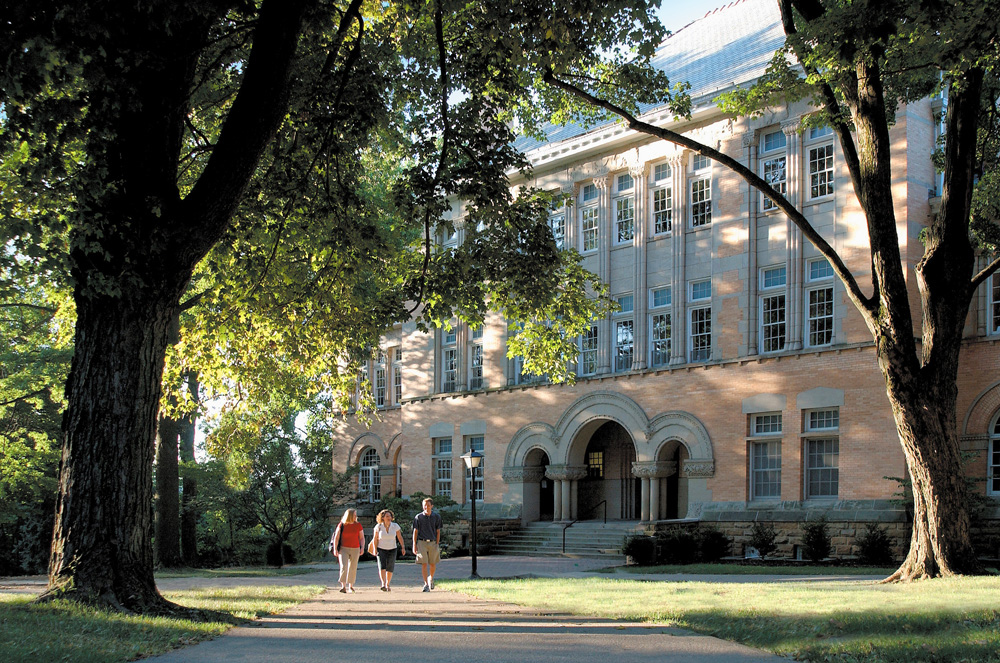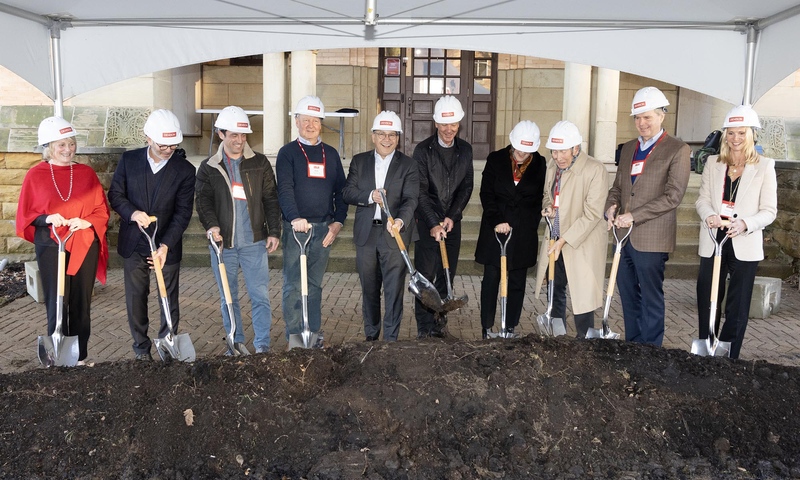
Denison President Adam Weinberg has joined other higher education leaders in signing a letter to members of Congress regarding an endowment and investment income tax.
The letter in full is below.
Dear Mr. Speaker, Leaders McConnell, Schumer, and Pelosi, Chairmen Hatch and Brady, and Ranking Members Wyden and Neal:
We write together to express our deep objections to Section 4968 of P.L. 115-97, the Tax Cuts and Jobs Act, which will impose an unprecedented and damaging tax on the charitable resources at our and other American colleges and universities. We urge Congress to repeal or amend the tax to preserve resources that support students, teaching, and research.
We serve as presidents and chancellors of diverse higher education institutions – medical schools, research universities, women’s colleges, liberal arts and performing arts colleges, among others – which represent a range of academic fields and research interests. Nonetheless, we share a dedication to excellence in education and developing talent, as well as a commitment to affordability for students from all backgrounds, and a responsibility to serve our communities and the country.
The net investment income tax will impede our efforts to help students, improve education, expand the boundaries of knowledge, advance technological innovation, and enhance health and well-being. Each year we spend funds from our endowments to support this critical work. Endowments are not kept in reserve to be drawn on only occasionally or on a rainy day. In fact, across our institutions, endowments support a significant and growing portion of our operations; for many, endowments provide almost half of annual revenues.
Students are the leading beneficiary of these resources with each of us committed to significant efforts to enhance affordability. Yet this tax will not address the cost of college or student indebtedness, as some have tried to suggest. Instead, it will constrain the resources available to the very institutions that lead the nation in reducing, if not eliminating, the costs for low- and middle-income students, and will impede the efforts of other institutions striving to grow their endowments for this very purpose.
At the same time, the new tax establishes a precedent that threatens all charities. This is not simply an extension of policy from private foundations to colleges and universities. Colleges and universities are entirely unlike those private foundations that are subject to an investment income tax. Only non-operating foundations – which carry out their missions mainly through grant making – are required to pay an excise tax. Where foundations have their own operations, like an art museum or library, they are exempt from taxation. Colleges and universities, by definition and like other public charities, have significant operations, and that is to the benefit of us all.
Taxing college and university resources will reduce not just these resources, but also the impact of our institutions, and the impact of our students. We will each have less to give in aid, less for research and less to support public engagement in the lives of our communities.
We urge you to revisit this misguided policy in the near term and look forward to working with you to advance the goals of access, affordability and success for students across the country.
